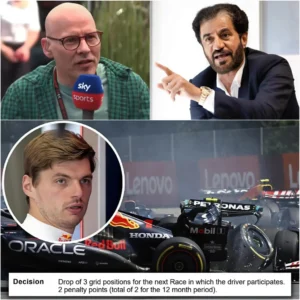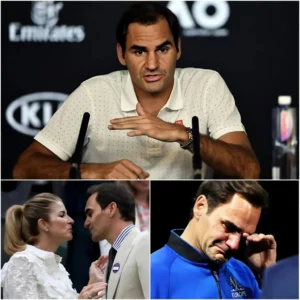In the fast-paced world of Formula 1, where decisions can shape careers and legacies, former world champion Jacques Villeneuve has weighed in on the current situation surrounding Max Verstappen and his future with Red Bull Racing. With rumours of a potential move to Mercedes for the 2026 season, Villeneuve’s perspective draws parallels with one of the most pivotal driver transfers in recent F1 history – Lewis Hamilton’s move from McLaren to Mercedes in 2013. Villeneuve’s comments offer a blend of insight, caution and optimism for the Dutch driver, who is becoming a central figure in the sport’s history.
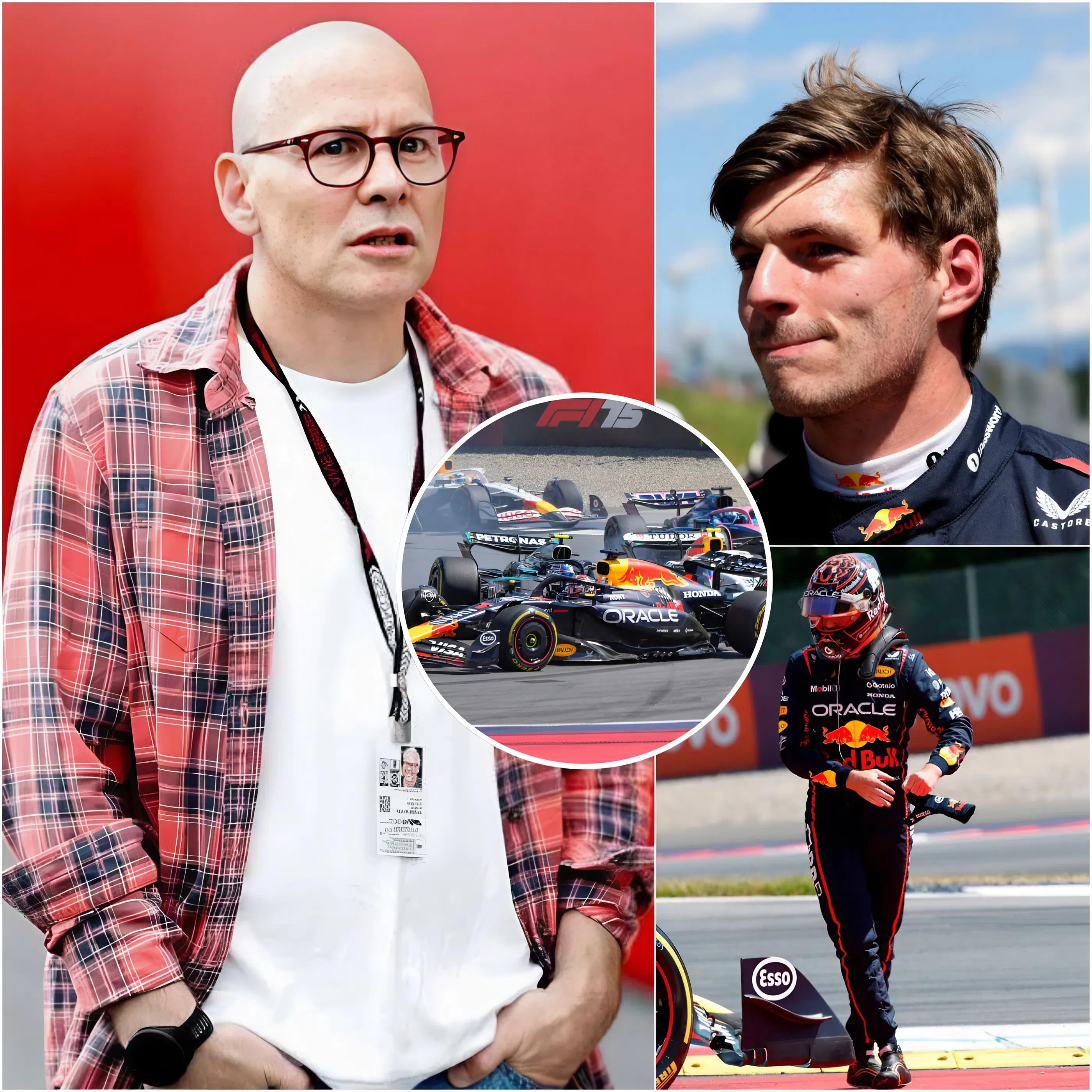
Villeneuve, known for his outspoken nature, recently shared his thoughts on Verstappen’s position at Red Bull, particularly in light of the team’s challenges heading into the 2025 season. Despite Verstappen’s undeniable talent and status as a four-time world champion, Red Bull has struggled to maintain its dominance. McLaren has surged ahead in both the constructors’ and drivers’ standings, with Oscar Piastri leading Verstappen by 43 points. This shift in the competitive landscape has fueled speculation over Verstappen’s future, particularly as his contract with Red Bull extends until 2028 but includes clauses that could allow for an earlier exit. Villeneuve’s advice to Verstappen is rooted in historical precedent that resonates deeply within the F1 paddock.
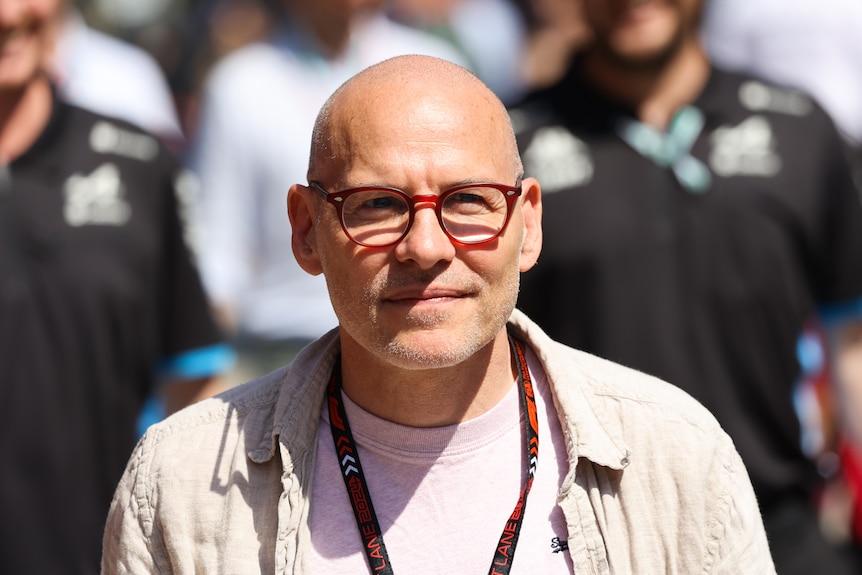
Reflecting on Hamilton’s decision to leave McLaren for Mercedes, Villeneuve noted that many dismissed the move at the time. Hamilton left a team that had been a frontrunner and joined a Mercedes squad that was still finding its feet. Yet the decision proved transformative, leading to six world championships and establishing Hamilton as one of the sport’s all-time greats. Villeneuve suggests that Verstappen could face a similar crossroads, where a bold move could unlock new opportunities. The comparison is not lost on observers, as Mercedes Team Principal Toto Wolff has openly expressed interest in signing Verstappen for 2026, a year that will usher in new engine regulations and potentially shift the balance of power in F1.
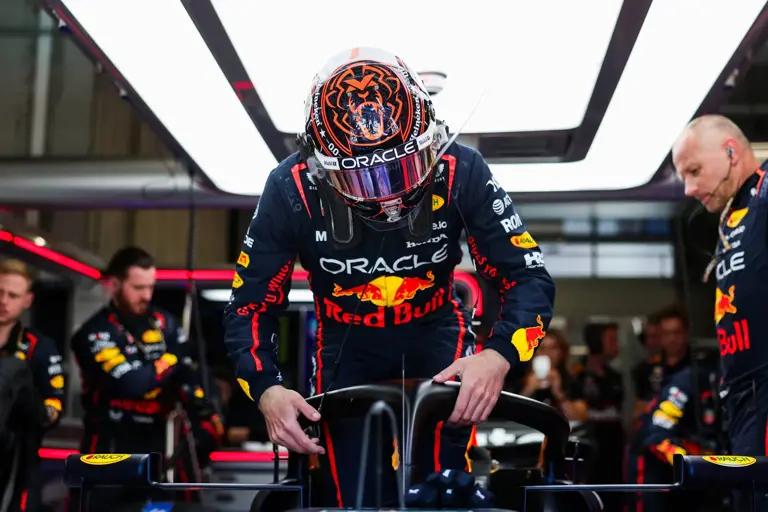
The prospect of new regulations is a key factor in Villeneuve’s analysis. He points out that many in the F1 community believe that Mercedes could gain an edge with the 2026 engine changes, just as they did during the hybrid era that began in 2014. While there is no guarantee that history will repeat itself, the anticipation of a competitive edge has fueled debate over Verstappen’s next move. Mercedes’ recent performance, highlighted by George Russell’s win in Canada, suggests that the team is regaining its form, making it an attractive destination for a driver of Verstappen’s calibre. However, Villeneuve acknowledges the uncertainty, noting that while speculation is rife, there is no guarantee that Mercedes will dominate as they have in the past.
Verstappen’s current situation at Red Bull adds complexity to the discussion. The team’s upgrades have shown promise, with Verstappen posting competitive times in practice at the Austrian Grand Prix. Yet the season has been marred by inconsistency, with Verstappen failing to finish in Austria, his first DNF of 2025. Internal decisions, including personnel changes and driver strategy, have reportedly caught Verstappen off guard and raised questions about the team’s stability. Villeneuve’s advice appears to hinge on the idea that Verstappen should consider his long-term prospects, particularly as Red Bull faces challenges from a resurgent McLaren and a potentially revitalized Mercedes.
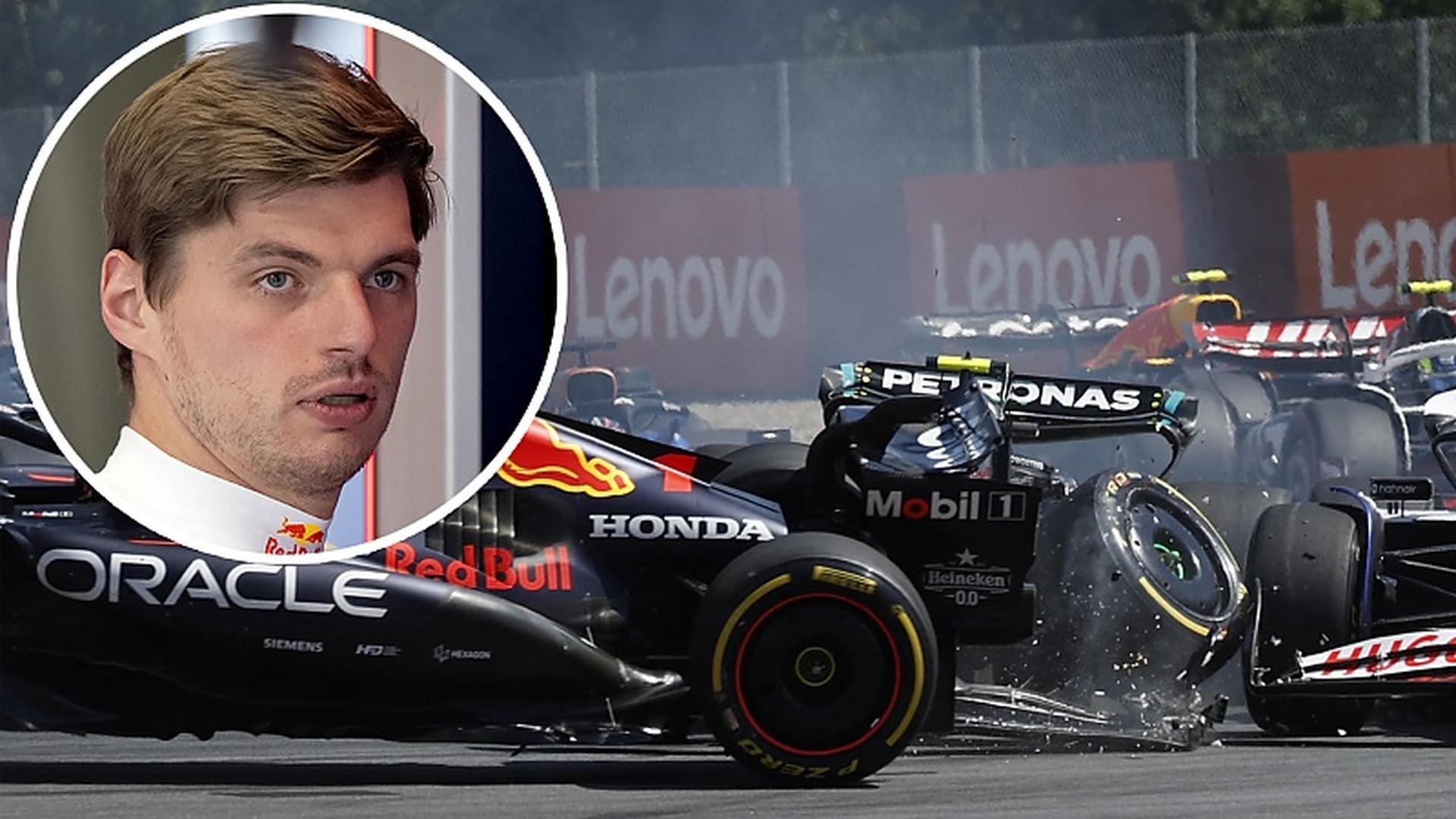
The rivalry between Verstappen and Russell adds a new layer of intrigue. Their clashes on track, including a controversial clash in Spain and verbal sparring in Qatar, have heightened tensions. Russell’s comments about Verstappen’s aggressive driving style have not gone unnoticed, with the Mercedes driver labelling him a “bully” in the past. Despite this, Wolff has downplayed the difficulty of managing two strong personalities, drawing on his experience with Hamilton and Nico Rosberg. For Verstappen, the decision to stay at Red Bull or explore a move to Mercedes is likely to depend on more than just personal dynamics – it will depend on where he believes he can best compete for championships.
Villeneuve’s comments underscore the high stakes of Verstappen’s decision. As the 2025 season draws to a close, the Dutch driver faces mounting pressure to evaluate his options. Red Bull remains a formidable force, with a passionate fan base and a track record of success, as evidenced by Verstappen’s nine wins in 2024. However, the allure of Mercedes, with its storied history and potential for future dominance, cannot be ignored. Villeneuve’s parallel with Hamilton’s career-defining move serves as a reminder that in Formula 1, bold choices can lead to extraordinary results. For Verstappen, the path forward is unclear, but the coming months will be crucial in shaping his legacy in the sport.
